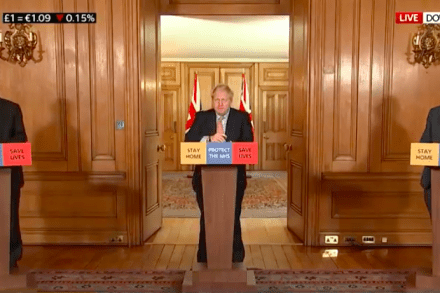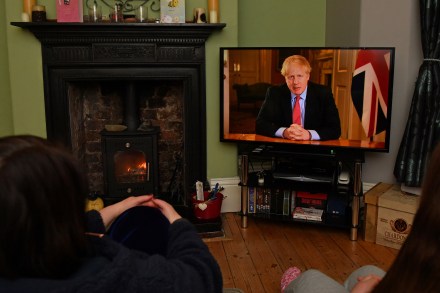‘Germany will pay!’ is Macron’s coronavirus mantra
In his broadcast to the nation ten days ago, president Macron tub-thumped his war campaign on coronavirus. Six times he repeated the word ‘war’. Yesterday, he visited the front: Mulhouse in Alsace, on the Franco-German border, where France’s largest virus cluster is overwhelming the region’s hospitals. Live TV saw him, masked up, in an army field hospital, surrounded by soldiers in combat gear. From there he spoke again to the nation. France, he intoned, was at war in this region, a region scarred by past wars. By remaining united France would defeat the coronavirus enemy. And he launched military ‘Operation Résilience’ to take the combat further. Macron’s advisors have allegedly been




















